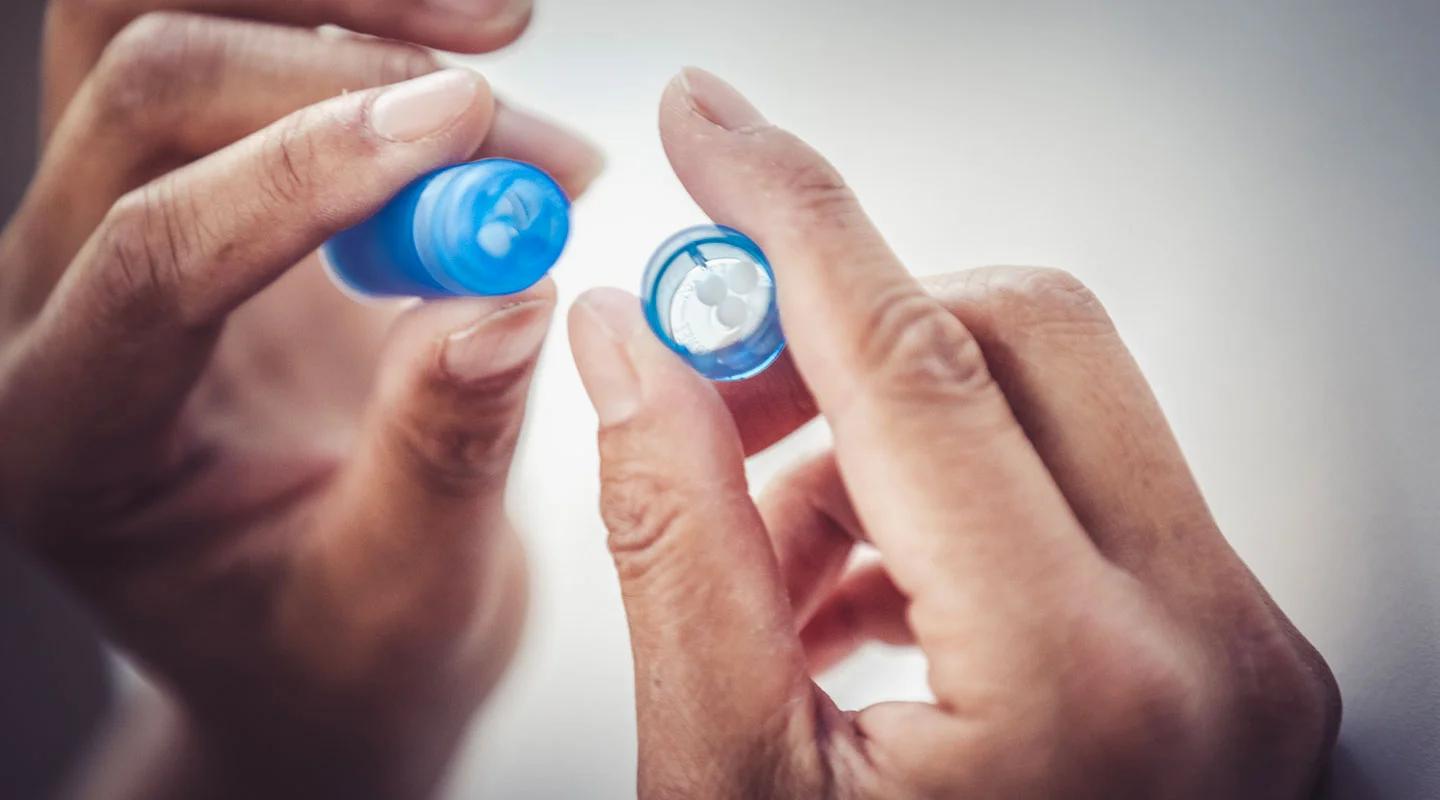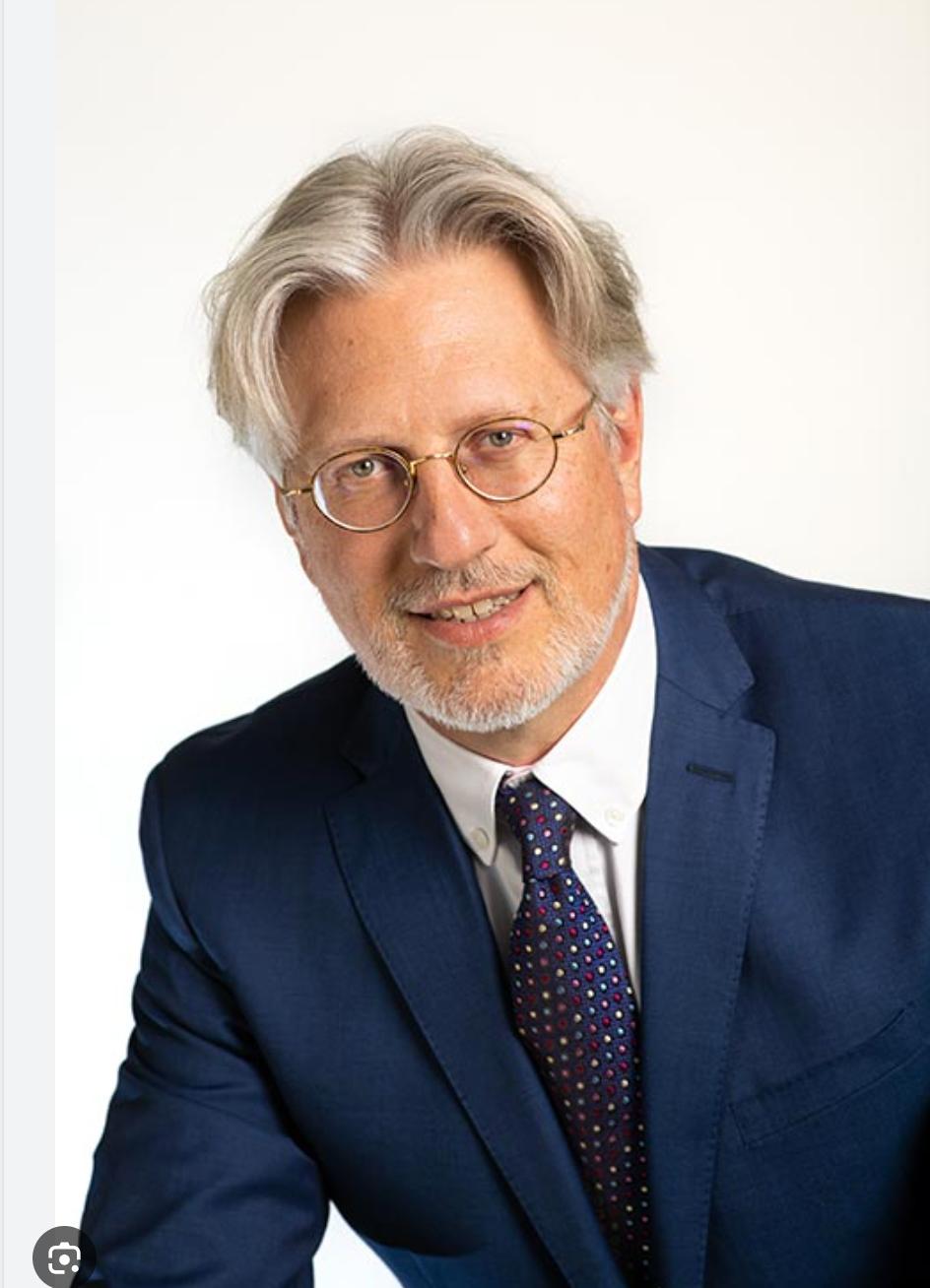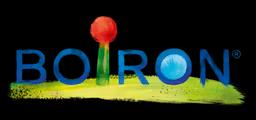

For an integrative, human-centric approach to medicine
“Health is a state of complete physical, mental and social well-being and not merely the absence of disease or infirmity”

Integrative medicine, bringing together all forms of medicine
Because today, health is not merely defined by the absence of disease but as a state of complete physical, mental and social well-being, medicine must move towards an approach focused on the individual, through personalised care. In synergy with conventional medicine, complementary approaches are increasingly used around the world. They address the need to care for patients as well as treat them.
As such, integrative medicine represents the natural evolution of the medical model. This concept unites conventional medicine and complementary forms of medicine as part of a coordinated approach. Integrative medicine is based on evidence of the effectiveness and safety of the methods proposed. Moreover, it considers each patient unique, in control of their health. Their lifestyle, diet, physical activity and well-being are taken into account, as are their culture and beliefs..
Did you know?
The World Health Organisation’s definition of integrative medicine covers various drug therapies and care therapies such as herbal treatments, naturopathy, acupuncture, chiropractic, osteopathy, as well as related practices such as yoga, tai chi, qigong, thermal medicine, etc.

Homeopathy, a therapy for integrative medicine
Homeopathy embodies integrative medicine as it shares its principles and treatment model.
It is also part of conventional medicine in that it uses medicines and health professionals. It is also a complementary medicine. This is because it helps patients improve their quality of life and lets them take responsibility for their own health.
Homeopathy addresses both the need to CURE, and the need to CARE.

“Every day, millions of doctors, pharmacists, midwives, dentists, veterinarians and patients all over the world discover the safety, usefulness and effectiveness of homoeopathic medicines: why not trust them?
More than ever, humanity needs a form of medicine that is diverse and integrated”
Homeopathy combined with other therapies to treat serious diseases
The concept of integrative medicine is perfectly suited to chronic diseases and derives its legitimacy from support for cancer patients.
Homeopathy does not treat cancer but forms part, along with other therapeutic methods, of the integrative management of cancer patients. A recent study (1), conducted in Strasbourg, found that 30% of patients undergoing cancer treatment use homeopathy in addition to cancer treatments, making this discipline the most commonly used medical practice by far in integrative oncology. This represents an 83% increase compared with the same study conducted in the same city in 2005.
Homeopathy to alleviate numerous symptoms
The use of homeopathy frequently addresses a medical need insufficiently met by allopathic treatments. This is true of fatigue, persistent nausea, anxiety, sadness and peripheral neuropathy. Patients claim these “orphan” symptoms improve with homeopathy in more than 80% of cases (1).
